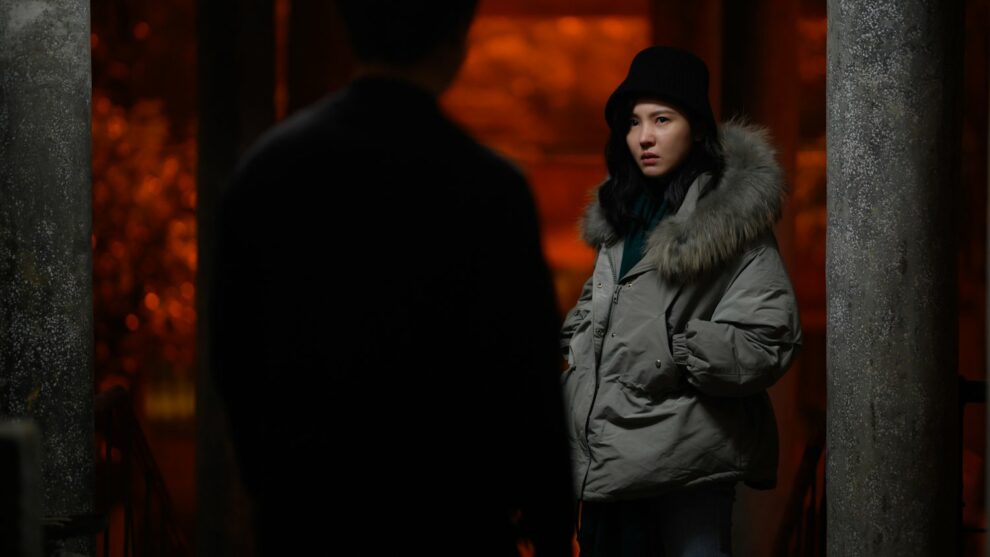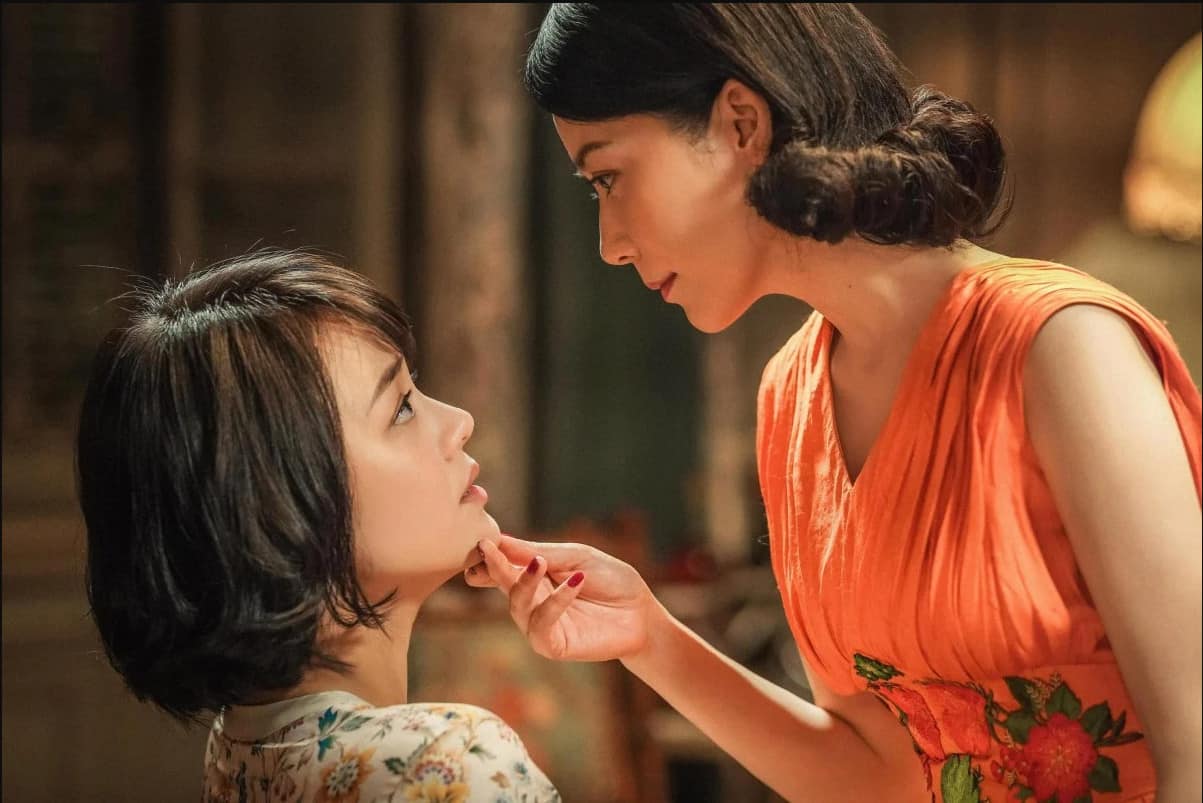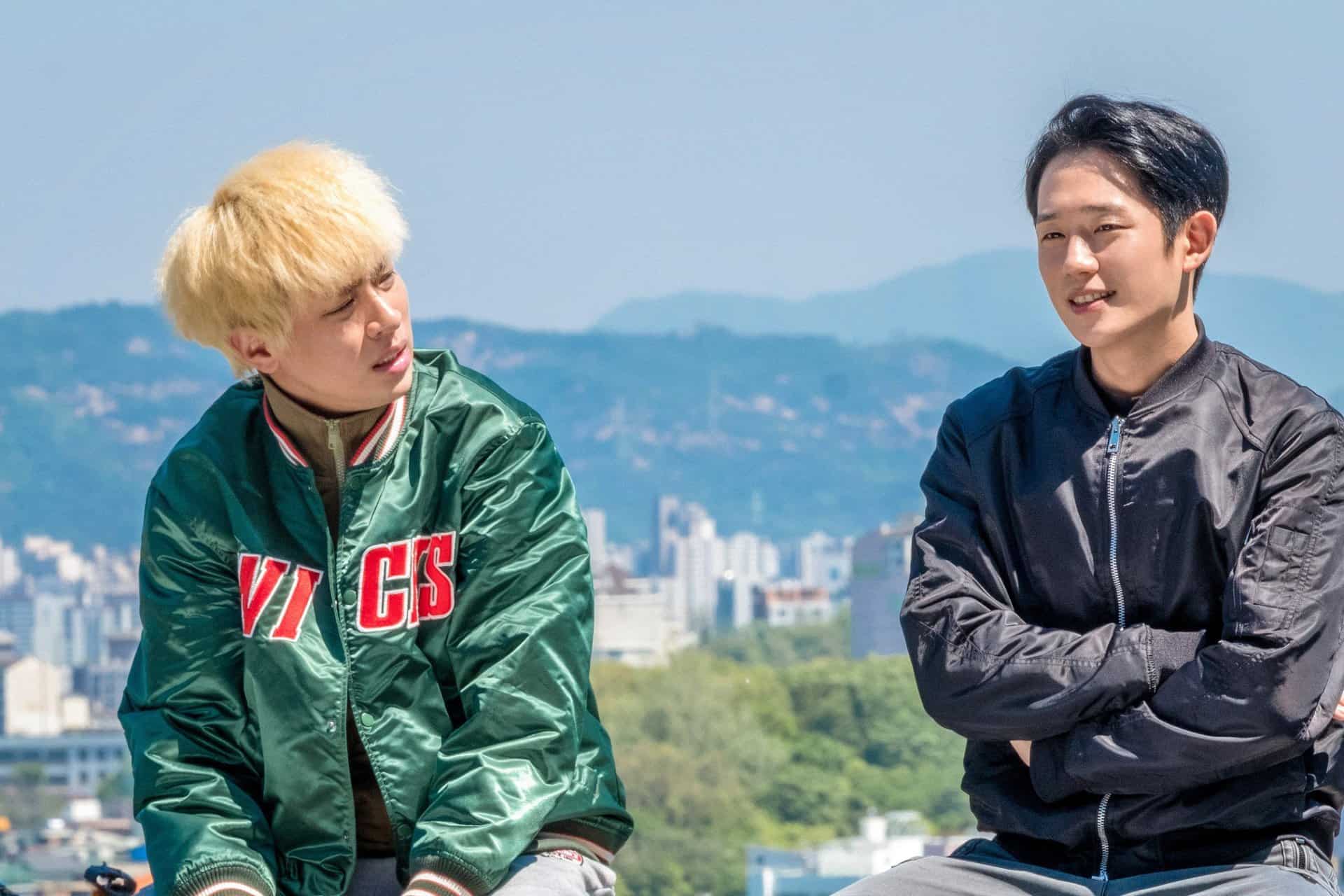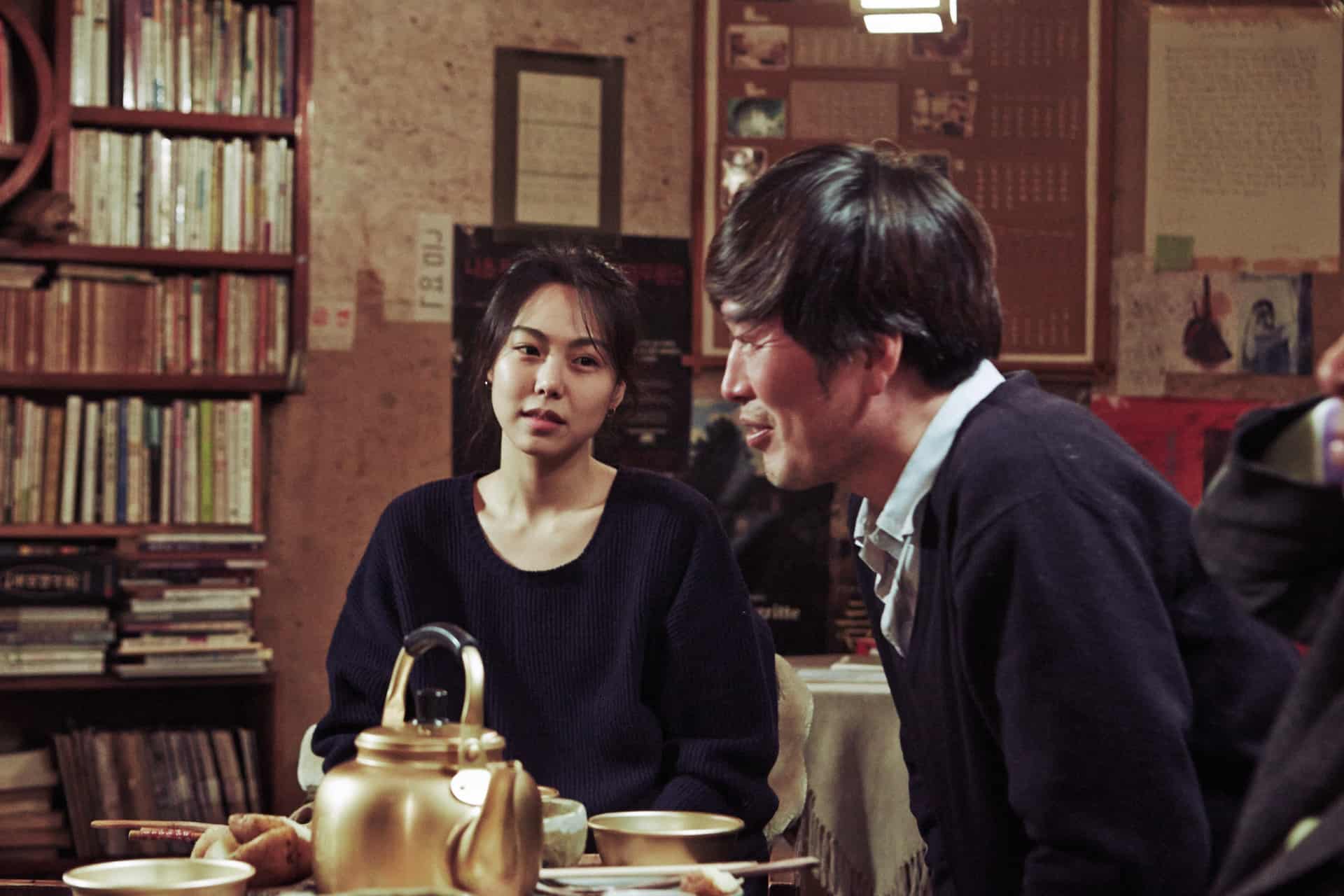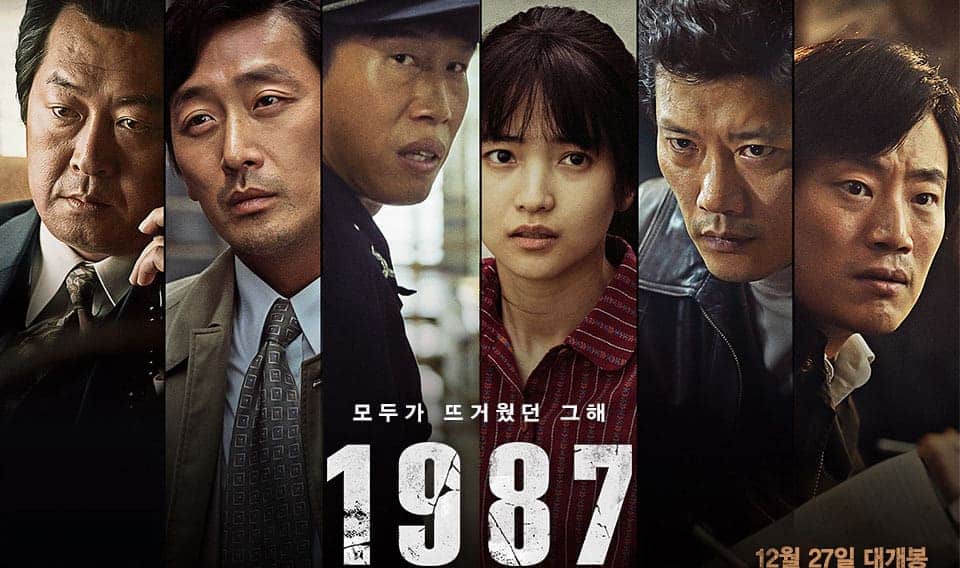Wei Shujun has actually become a Cannes regular, with “Ripples of Life” becoming his third film to screen there. Through an approach that combines intense arthouse aesthetics, the favorite meta concept of the film about film, semi-autobiographical elements, the trademark deadpan sense of humor so many Chinese movies exhibit accompanied by much irony, Wei seems to provide exactly what festivals are looking for in Asian movies.
Ripples of Life is screening at Five Flavours
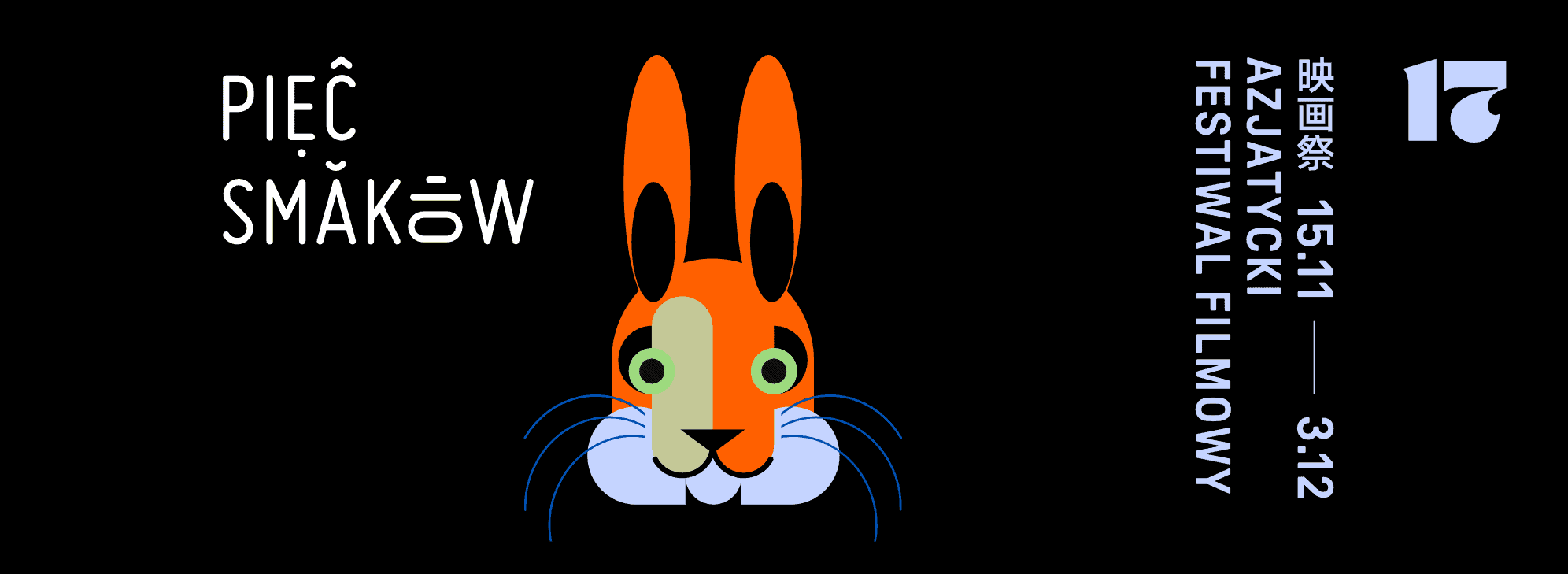
The story is split into three chapters, all revolving around the production of a highbrow movie in a remote town in Yong'an. Following the way a film is actually shot, the first chapter focuses on the pre-production, although the protagonist is Xiao Gu, a waitress who regularly serves the crew in her in-laws' restaurant. The young woman is quite fed up with her life, since she also has a newborn who her husband does not help raise at all, constantly picking up shifts at night in his work, while her mother-in-law never fails to criticize her on a daily basis. Expectedly, when the director of the making-of of the film shows interest in her, Xiao Gu jumps at the opportunity to play a small part.
In the second chapter, local celebrity Chen Chen returns to the town she grew up in. Although she tries to lay low, everyone in the area makes a big deal of her coming, from the authorities throwing festivities to her old friends who supposedly want to spend time with, only to eventually ask for a favor.
The third chapter focuses on the script-writer and particularly the constant fights he has with the director regarding his writing. At the same time, the pressure everyone in the crew feels as time passes and the script is not ready, becomes rather palpable, with Wei involving producers who keep adding their friends as actors in the movie, critics, sponsors and even Chen Chen.
Check also this interview
Through the three chapters, Wei makes a number of comments that actually extend much further than cinema. In the first chapter for example, he examines the place of women in Chinese society, and particularly how the burdens of family fall on their head. Xiao Gu emerges as the main source of these comments, with her character also showing how cinema can provide a way out, although Wei takes care of crumbling any kind of dream severely, in a tragicomical approach that is indicative of the style of humor throughout the movie. Huang Miyi as Xiao Gu gives an impressive performance, highlighting the disappointment, hope and disillusionment her character feels quite artfully. The scenes where she realizes there is a chance and the way her overall demeanor changes are among the movie's best moments.
The second chapter also deals with the concept of ‘coming-back', this time showing how people from small towns react to those who ‘managed to get away”, with the fact that Chen Chen is a celebrity adding even more to the whole concept. Initially, everyone seems to want to welcome her, but eventually the mentality of such places kicks in, with almost every acquaintance asking something of her, mostly to become part of the movie or to be introduced to the producers. That the people she meets are characterized by a sense of jealousy and a need to exploit her, adds even more to the aforementioned comment, while also making her realize that, sometimes, coming back is simply unbearable. The scenes where she meets an ex-boyfriend, and the way their reacquaintance transforms from something potentially romantic to anger and disgust is another high point of the movie. Yang Zishan is also great in the role, showing a character that tries to remain kind and polite in the face of all the aforementioned, until she cannot take any more.
These first two parts also include a film-about-film element, by showing what happens around the movie, with all the people wishing to be involved and the fact that some of the crew exploit the fact. The third part, though, is actually the one that focuses intently on how movies are shot, with the constant fighting (and drinking) of a director who wants to be brilliant and a scriptwriter who wants to be earnest being rather realistically portrayed. The way third persons influence the relationship of the two, with Chen Chen pressuring to have her part written, the critic openly taking the side of the director, pinning the script writer down to the point that he erupts, the producer who flaunts money to the director only to add more people in the movie which the scriptwriter has to include in the story, all create a rather suffocating setting, that Wei, once more, presents in tragicomical fashion. A repeated phrase about the sake of Chinese cinema definitely echoes as ironic here, as does actually the whole approach, which does succeed, though, in highlighting the chaos film production usually involves.
The rapport of the two actors is excellent, with Wei having managed to extract great chemistry from the two of them. Liu Yang as the director plays the boss to all underneath him and the employee to all above him with gusto, while the fact that he thinks he has control but is constantly proven not to is again tragicomical. Kang Chunlei, who is actually the scriptwriter of “Ripples of Life” plays his character in amusing fashion, particularly in the way he showcases his growing frustration, while he also has the best lines in the whole film (probably because he wrote them himself)
The whole approach Wei implements here shares many similarities with Hong Sang-soo, with the many dialogues, the drinking, the fighting and the deadpan sense of humor, something the director actually mocks having the making-of director flirting with Xiao Gu by telling her she looks like Kim Min-hee. At the same time, though, the visual aspect of the movie is much more impressive than the Korean's, with DP Wang Jiehong presenting a series of impressive images, particularly in the first part, where his framing and the overall coloring is impeccable. The way he uses actual windows to frame the scenes is a feat unto itself, as is the fact that he also manages to capture the essence of life in the small, poor town, in all its glory. Matthieu Laclau's editing results in a leisure pace that suits the art-house aesthetics of the movie nicely, while the transition to each chapter is ideal in the way the three are connected until they make a full circle.
“Ripples of Life” is both artful and intelligently funny, in a style that is quite European but still retains a distinct Chinese flavor regarding its settings, characters and themes. On the other hand, and in a completely personal note, it would be nice to watch a mainland film that finally takes place in a setting that is inhabited by people who are not particularly poor.


